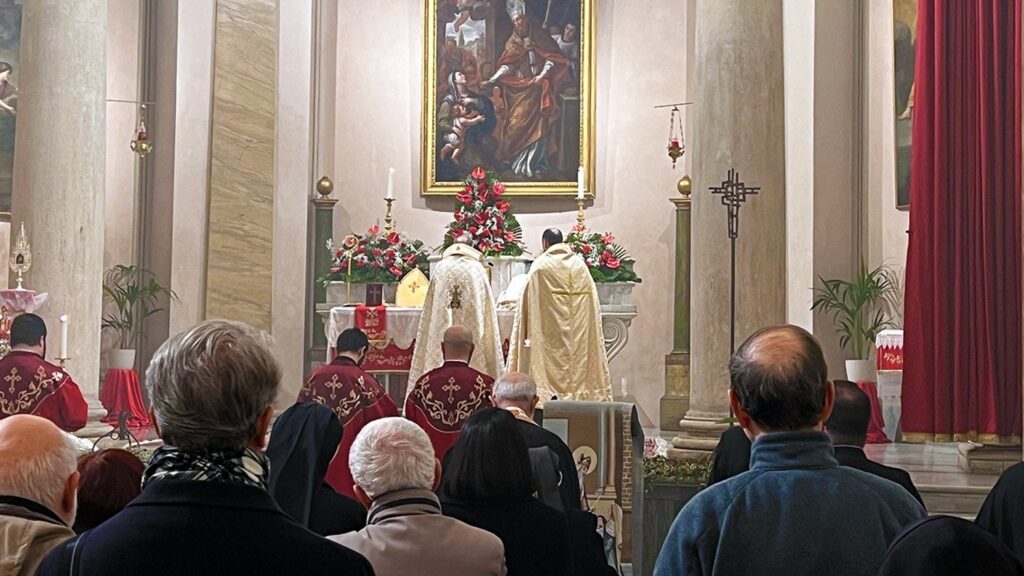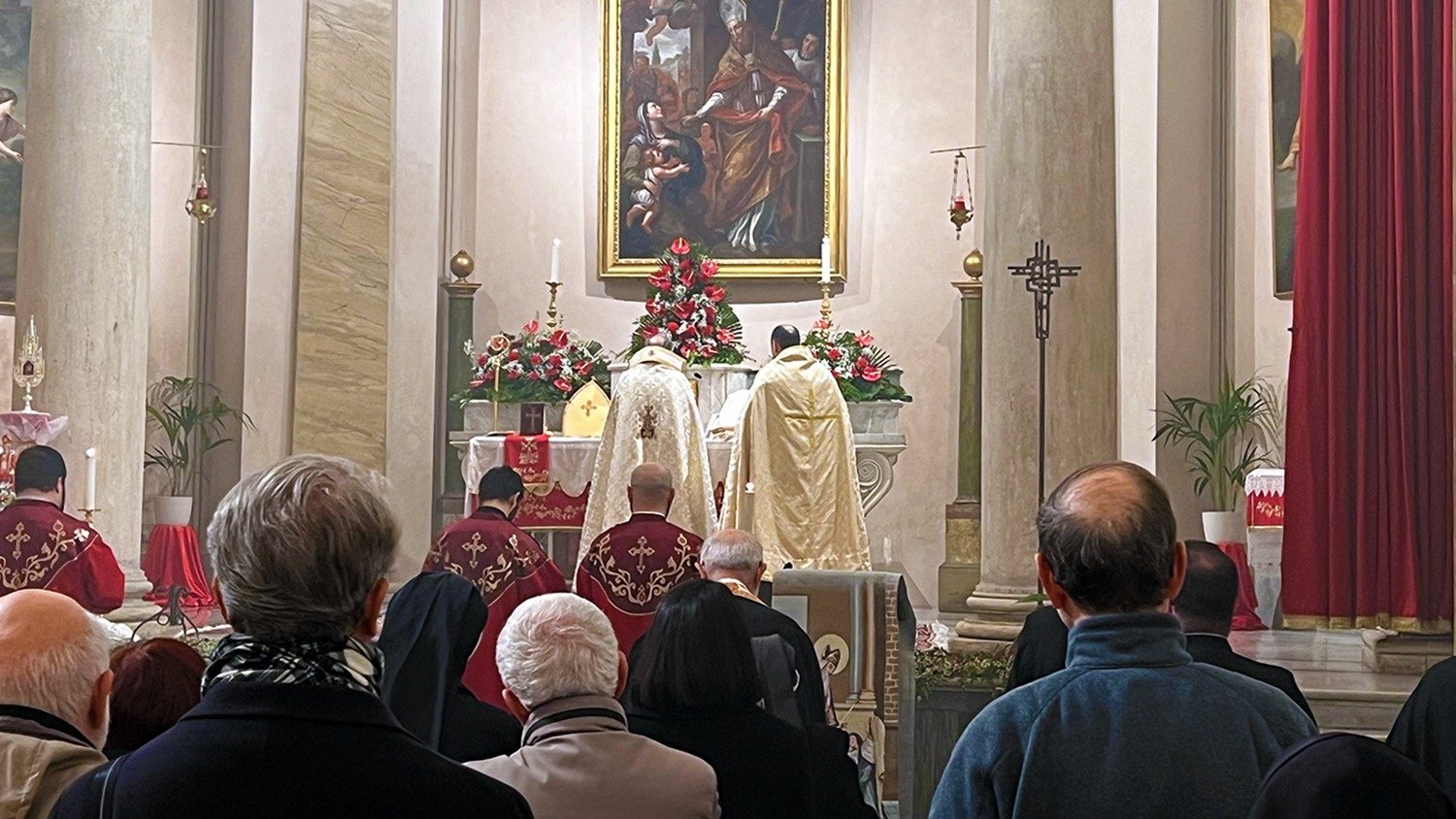
In a Decree approved by Pope Francis on Palm Sunday, April 13, 2025, the Dicastery for the Clergy has promulgated revised norms governing the discipline of Mass intentions. The updated legislation, which enters into effect on Easter Sunday, April 20, seeks to safeguard both the spiritual integrity of the Eucharistic sacrifice and the faithful’s trust in the Church’s handling of their offerings.
Building upon the existing canon law and the 1991 decree Mos iugiter, the new norms emphasize that while the faithful may continue to offer stipends for Masses to be celebrated according to specific intentions, this sacred tradition must remain free of any semblance of commercial exchange. The decree reaffirms the value of such offerings as a form of spiritual participation and support for the Church’s mission.
This decree will come into force in accordance with the decision of the local Bishops. In the meantime, the current norms will remain in effect.
Collective intentions
The decree permits “collective intentions”—a practice where multiple offerings are united in a single Mass—only under strict conditions: the donors must be explicitly informed and must freely consent. The decree further restricts the frequency of such collective celebrations, aiming to preserve the normative link between each offering and a distinct Eucharistic celebration.
The norms also prohibit any substitution of promised Masses with simple mentions during liturgies, categorizing such practices as gravely illicit. Emphasizing justice to the faithful and the avoidance of simony, the Dicastery calls for vigilance from bishops, who are instructed to catechize the faithful, monitor implementation, and ensure accurate record-keeping of intentions and offerings.
Pastoral concern
Pastoral concern remains central to the decree. Priests are encouraged to celebrate Masses for the poor, even without offerings, and diocesan bishops may redirect surplus intentions to mission territories or parishes in need.
The Holy See’s action seeks to renew fidelity to the Church’s long-standing tradition, protect the dignity of the Eucharist, and promote greater transparency and trust within the People of God.
Source: vaticannews.va





